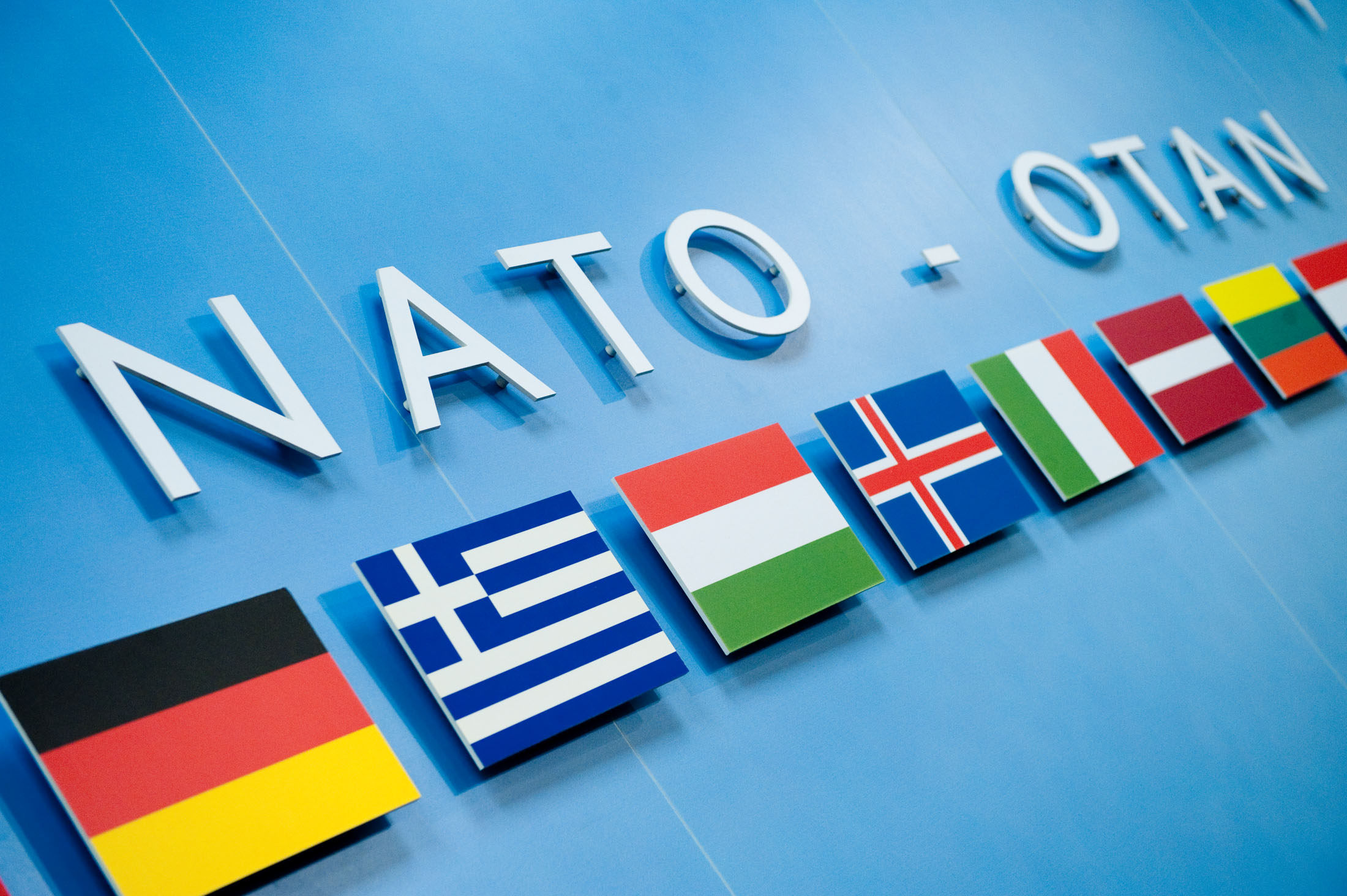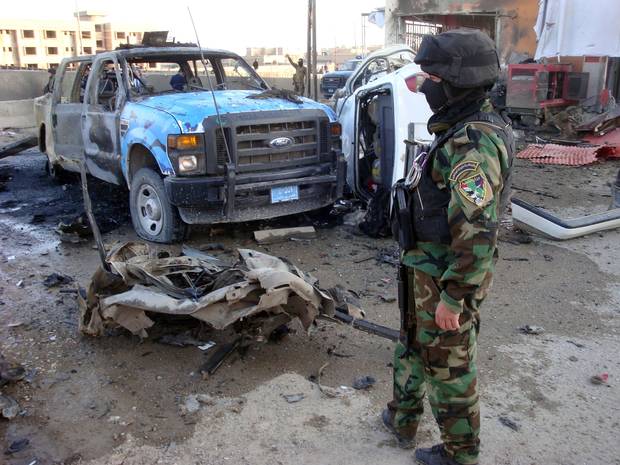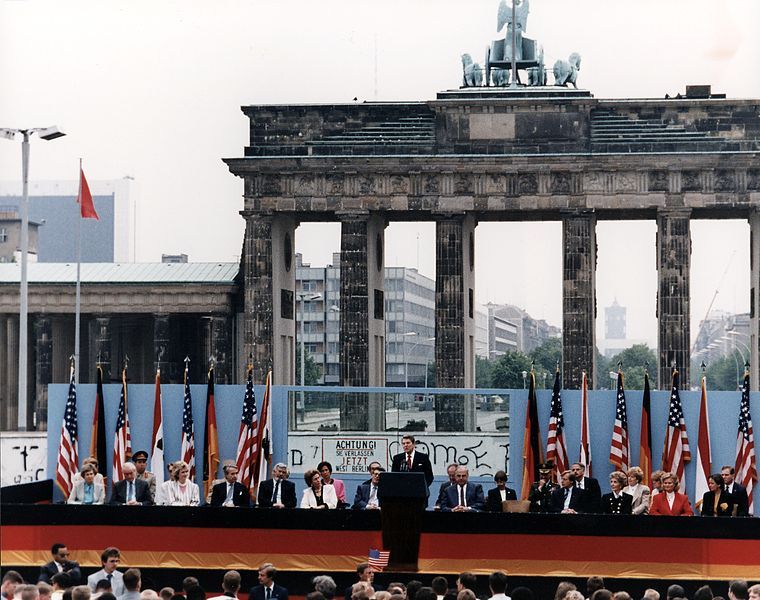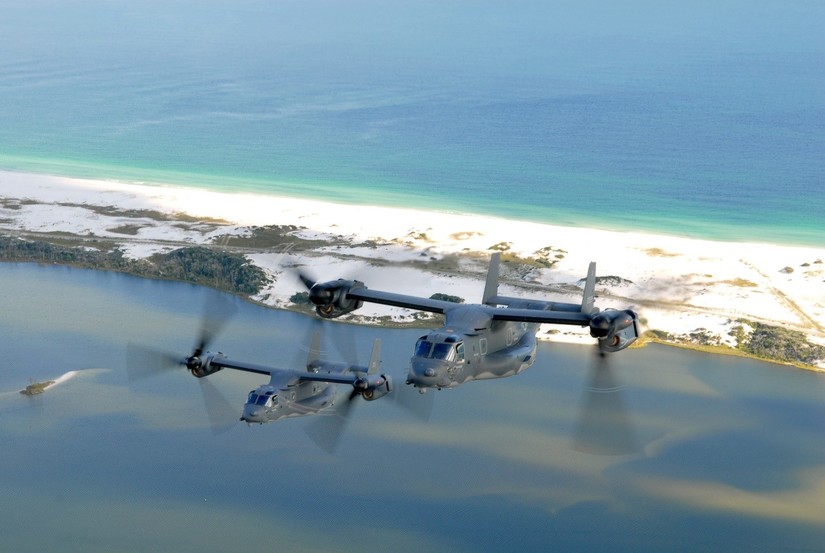Aaron Willschick argues that NATO’s global relevance as a military alliance has given way to a more political role evidenced by its successive enlargements to Eastern Europe.
The North Atlantic Alliance has undergone a significant transformation since the latter days of the Cold War. In the last two decades, NATO has gone from an exclusive group of western democracies united against a potentially aggressive and nuclear armed Soviet Union, to a large group of newly westernized countries, causing its role in the global landscape to be much less clear. The world order has fundamentally altered since the fall of the Soviet Union and it has had a major effect not only on the countries involved, but the global security environment. A bipolar world has given way to a multipolar one, which has left NATO in a dubious position.
A New Role
As a result of these global developments, NATO has had to redefine its role. Without a clear threat from a wealthy, armed and potentially aggressive world power, NATO’s primary purpose was no longer simply to be a powerful military alliance able to come together at a moment’s notice to protect the security of its member states. There have been several regional crises that NATO had an active role in during the 1990s and early 2000s, but nothing has matched its stabilizing role as a military organization of the Cold War era.
Without a clear post-Cold War role, NATO has transformed itself from a military and defense alliance into a politically stabilizing force. This is evidenced by the Alliance’s successive enlargements that have occurred over the last decade and a half. NATO enlargement to the east has been driven by an internal challenge to adjust to the new global order. The fifteen former satellite states of the Soviet Union were left to fend for themselves when the Union dissolved at the end of 1991. With Communism no longer a feasible political or economic option, these suddenly independent states began the slow path towards democracy and a liberal, free market economy. Ultimately, the key goal for these states came to be acceptance into the Western world and Western institutions.
Fortunately for the transition states, NATO has come to be the primary gateway to the West for these emerging countries, which has fundamentally altered the organization’s role and responsibilities. This has in some respects transformed the Alliance from a military and defense union into a force for democratization. To become a member of NATO, all prospective members must be democratic countries which operate under the rule of law. To meet these standards, the Central and Eastern European countries have had to internally accelerate the process of institutional development. This has precipitated widespread institutional reforms, the acceptance of free and fair elections and transformation to a market economy. Not only is NATO membership seen as an end in itself, but the Central and Eastern European states have also viewed it as a gateway to EU membership.
Enlarging to the East
The fourth enlargement of NATO in 1999 to Hungary, the Czech Republic and Poland marked a monumental victory for the Alliance and the West in general. States which were once so firmly entrenched in Communism and the grasp of the Soviet Union were now joining the most prominent Western institution. This continued with the addition of the rest of the Central European countries in 2004 and then the extension into the Balkans in 2009 with the addition of Albania and Croatia. NATO has been very successful at offering incoming states regional and international security as a large incentive in return for institutional development and even economic stability.
These successive enlargements have not only expanded NATO’s territorial influence, but membership has provided the key motivation for formerly unstable countries to steady their political systems and economies. Whether intentional or not, NATO has been one of the primary reasons why the Balkans and Eastern Europe have stabilized from a political point of view. Consequently, NATO’s role has drastically transformed simultaneously with the democratization of Central and Eastern Europe.
NATO’s Role in the Future
Although its goals and objectives have changed to a great extent, NATO has been fairly successful at creating political and regional stability in Eastern Europe. Enlargement has been the key engine behind these developments which is fairly astonishing given that this was an alliance created to protect its members from military attacks. Without a clear threat from an aggressive state, NATO was left with no choice but to adapt to the conditions of a changing global order. The events of September 11th and the emergence of non-state actors such as terrorist and extremist groups have precipitated unprecedented changes in the world which has fundamentally modified NATO’s role and effectiveness as an alliance. The NATO of present day has settled nicely into a more politically stabilizing role which it should continue in for the near future, especially with the rest of the Balkan countries eager to gain access to the alliance.




